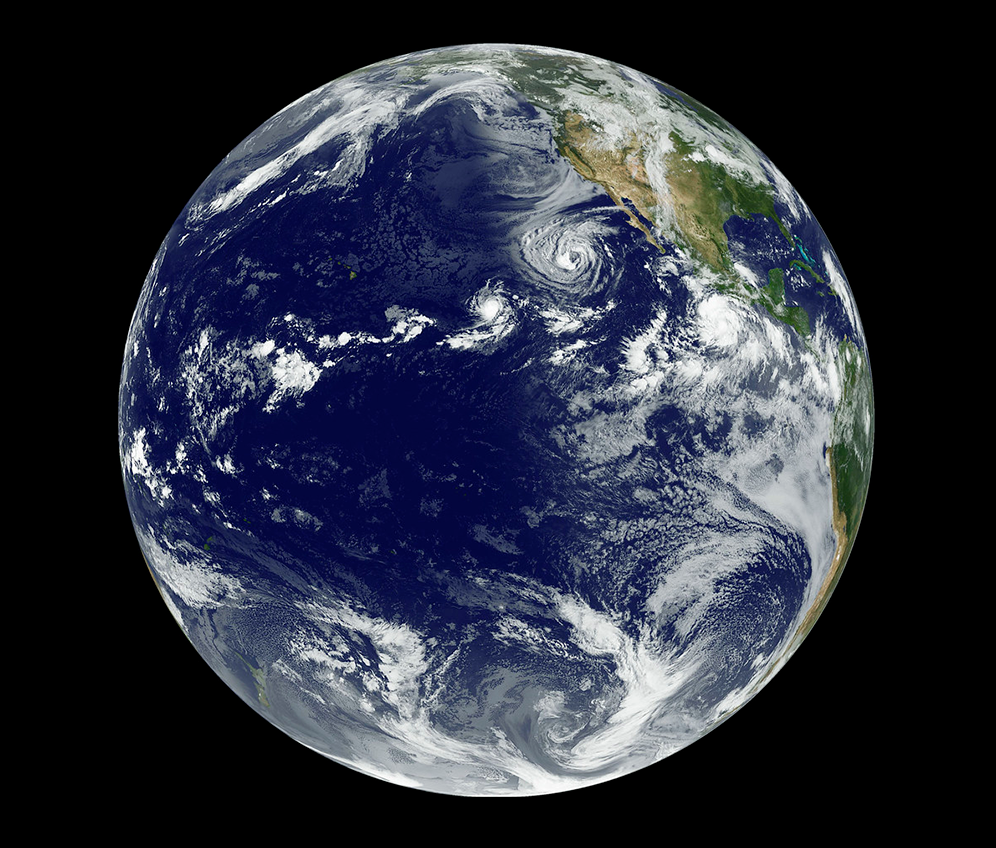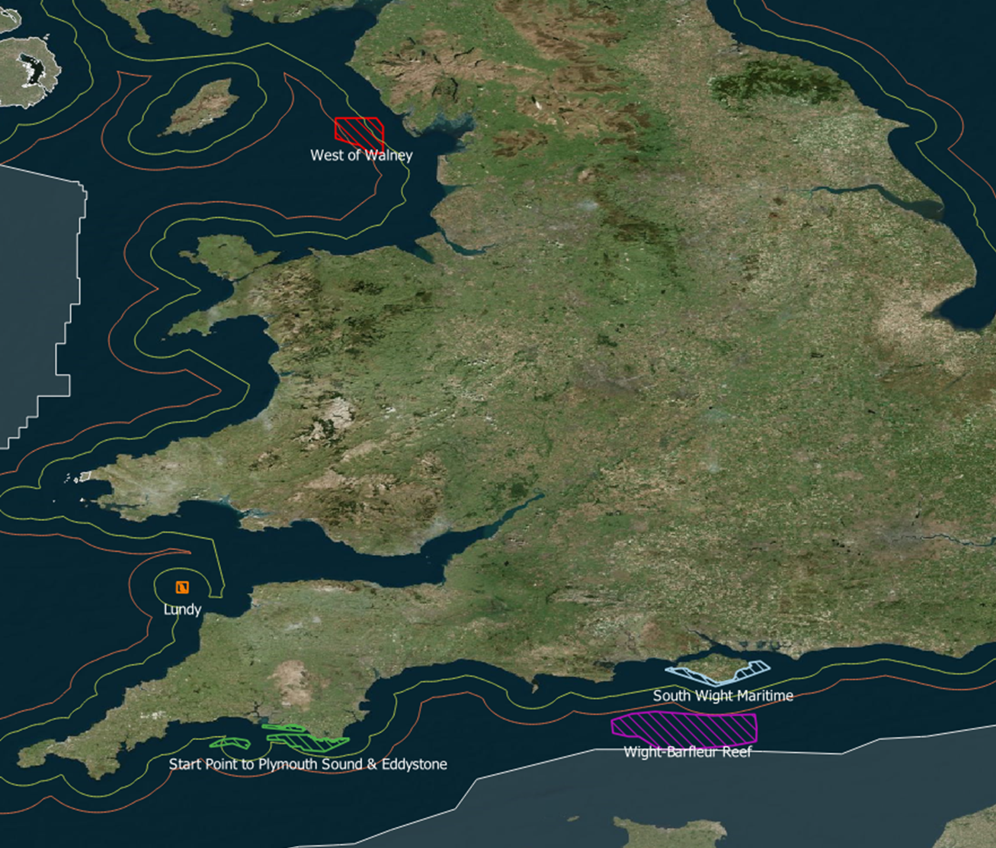Marine Enforcement
Most national marine zones are regulated to manage the human activity within them. Enforcement of these regulations is the neverending day-to-day hard work of dedicated individuals who are on the front line of ocean protection ensuring the continuity of ecosystem services that humanity relies on. Unfortunately these practitioners are often overlooked, under resourced, and under-funded for their monumental task.
OceanMind’s mission is to deliver support to enforcement officials to enable access to the best technology, best methodology, and best solutions to meet their individual needs and unique circumstances. Every marine context is different, the data and tools available and needed vary, as do the rules and regulations. Desired outcomes are context dependent. The experience and resourcing of practitioners is diverse. There is no one-size-fits-all solution.
OceanMind works with practitioners to understand their needs, capacity and capabilities, resources, and goals. We help implement comprehensive enforcement plans to ensure the best data, tools, and solutions are employed to most effectively drive compliance.
“If we enforce existing marine regulations more effectively, we get immediate benefits from reduced human activity”
By supporting marine enforcement practitioners on a global basis to effectively enforce their existing regulations we can dramatically reduce overall human impact on ocean ecosystems, providing the ocean with the space to recover and thrive. All of the data, tools, and practices are already available to enable this transformation – in many cases nothing new is required. The missing link is to provide access to these capabilities to practitioners and funding to implement them.
Although every context is unique, there are commonalities between locations. Size, proximity to regulators, availability and accessibility of resources all impact the ability to enforce effectively. Select from the links below to find out more.


